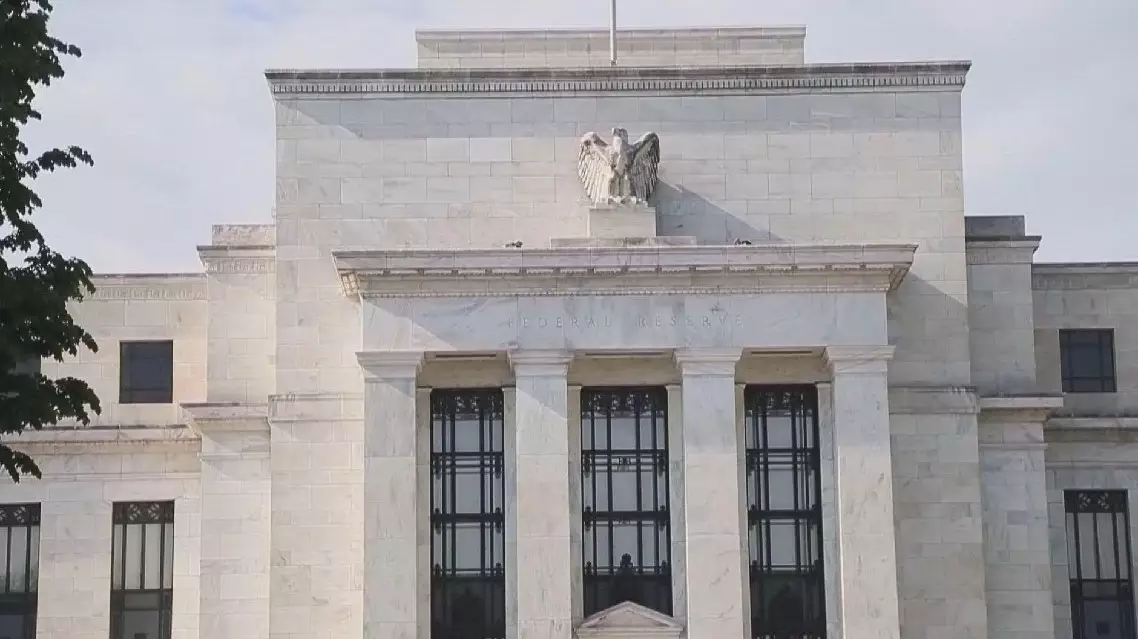China's consumer market showed a stable growth with robust demand in the first quarter of 2024, an official with the Ministry of Commerce said at a press conference in Beijing on Friday.
Xu Xingfeng, director of the Department of Market Operation and Consumption Promotion at the Ministry of Commerce, elaborated on three characteristics of the consumer market in the first quarter.
"First, the growth was stable, which was mainly embodied in the bulk consumption of commodities like automobiles, home appliances, and household items. In the first quarter, sales of new autos reached 6.72 million units, up 10.6 percent year on year. Of them new energy vehicles increased by 31.8 percent year on year. Sales of home appliances above designated units rose by 5.8 percent year on year. The growth of building materials was even more outstanding with its retail sales growth rate turning from negative to positive to 2.4 percent after the first quarter," said Xu.
"Second, the demand was robust, particularly in service consumption. In the first quarter, retail sales in service consumption grew by 10 percent year on year, six percentage points higher than the growth rate of the retail sales of commodities. Residents' per capita expenditure on services increased by 12.7 percent year on year, accounting for 43.3 percent of per capita consumption spending. Revenue from catering services reached 1.34 trillion yuan (about 185.1 billion U.S. dollars), up 10.8 percent year on year," he said.
"Third, there were many bright spots, mainly embodied in new types of consumption. In the first quarter, online retail sales hit 3.3 trillion yuan, a year-over-year increase of 12.4 percent. The online retail sales of physical goods reached 2.8 trillion yuan, growing by 11.6 percent and making up 23.3 percent of the total retail sales," said Xu.

Consumer market sees stable growth in Q1

Consumer market sees stable growth in Q1
The United States' advantage in international trade is based on the U.S. dollar dominance, which often victimizes emerging markets and developing economies (EMDEs), according to two Chinese experts.
The U.S. Federal Reserve (Fed) on Wednesday left interest rates unchanged at a 22-year high of 5.25 percent to 5.5 percent as recent consumer data indicates that inflation continued to tick up. The high interest rates' impacts have been especially detrimental to EMDEs, they said.
They pointed out that as the main currency for international transactions and reserves, the U.S. dollar should be a global public good in nature. Yet in reality, although it is in the position of playing a pivotal role in the global economy, the U.S. always upholds "U.S. first," with little regard of global public interest, said Wang Qing, chief macroeconomy analyst with Golden Credit Rating International. "We know that the U.S. dollar is controlled by the U.S. Federal Reserve, which mainly adjusts the dollar circulation in accordance with the United States' own economic operation, and it would not fully consider the reality of other economies. This paradox has in reality nurtured a series of major international economic and financial crises," Wang said.
He said the U.S. is practically in a position to purchase goods from other countries just by printing more dollars using the U.S. dollar dominance.
"We know that the U.S. has had a huge trade deficit for a long time, which means that its exports of goods and services have long been remarkably lower than its imports. This kind of macroeconomic imbalance is definitely not sustainable in other economies. But relying on the global currency status of the dollar, the U.S. could directly fill in this huge trade deficit by exporting dollars, which is practically imposing a dollar-printing tax on the world," Wang said.
While it capitalizes on the dollar's dominance, the U.S. is never hesitant to raise interest rates to draw the reflux of dollars once inflation occurs in its domestic economy, jolting other economies, said the experts.
"All emerging markets have depreciated by 1.5 percent on average against the U.S. dollar (this year). The currencies of South Korea and Brazil have depreciated by about six percent against the U.S. dollar, and in some countries it was more than that. (The currency of) Thailand has depreciated by about 7.5 percent. The blood-sucking effect of the U.S. dollar and its impacts on global depreciation are indeed very strong," said Lu Zhe, chief macroeconomist of Founder Securities Co. Ltd.

Chinese experts on US dollar hegemony











